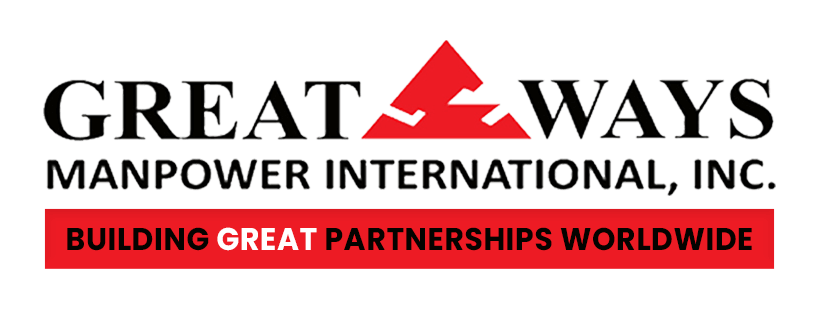New Zealand’s skills shortages and labor demand continue to remain at a high. With the lack of a willing workforce, partnering with an international recruitment agency seems to be the only way to address these labor shortages.
The pandemic has slowed down the recruitment world. Even countries with advanced economies like Japan, United Kingdom, and New Zealand are all slowly becoming familiar with talent shortages. The two years of lockdown had affected the workforce environment and job markets have been uneven since then. A concrete proof of this would be countries like the US halting their staffing plans in order to even out their cost strategies while New Zealand’s demand for international and local skilled workers remain at a high. But while the primary factor of New Zealand’s biggest hiring challenge is undoubtedly the pandemic, dozens of other factors also contribute to the hiring difficulties faced by recruiters. Issues concerning wages, job satisfaction, flexibility, and work-life balance are also often listed as influences. This just goes to show that a handful of business challenges await recruiters behind big, closed staffing doors.

Listed below are the top recruiting challenges New Zealand recruiters are faced with and how to overcome them.
1. Staff Shortages and Border Closures
Many industries are dependent on international talent especially when they are in need of a high volume of specified skilled workers, but when employers only have so little options to choose from, the need to be more resourceful towards reaching out to prospective candidates becomes increasingly important. The gap between the labor supply and market demand is hardly a new issue in the recruitment world, but it is one that has persistently affected a lot of industries. Add in the pandemic as a catalyst, border closures had put significant pressures on the backs of employers, challenging recruiters to up their staffing game and shift towards more creative ways of finding and attracting skilled workers.
In an article by HRD, the lockdowns had forced nearly a third of recruitment agencies to think of new talent acquisition strategies, such as getting in touch with international recruitment agencies, to keep up with the country’s need for specified skilled workers in order to stay afloat of consumer demand. However, due to COVID-19 constraints, immigration officials were particularly stern about health protocols, and migrant workers weren’t allowed to freely come and go into the country as the employers would’ve wanted them to, limiting the recruiters’ pool of selection.
2. Risk-Averse Talent
While employers improve benefits packages and increase wages to a premium, skilled workers have also become equally reluctant to make career changes in the middle of a crisis. The uncertainty of the pandemic hounds job seekers and in return, makes them wary of leaving their current jobs which makes recruiting a little more difficult for employers than it already was prior to the pandemic.
3. Increased Global Competition
As a consequence of the pandemic, professionals have become a little greedier about their careers. They feel inclined to accept offers that allow them more room for flexibility and personal growth. So in irony to the second challenge, on the instance that workers accept career options, local recruiters tend to lose these staff to overseas employers who bid them with better wages and benefits. So, even though recruiters get to access a large pool of overseas talent and specified skilled workers, the number of departing locals neutralize the arriving workers and labor demand continues to be at an imbalance.
Job seekers are naturally selective, and when these skilled workers are flooded with offers left and right, the next thing that they consider after their salary is whether the company would value them and their experience. This means that recruiters need to think of ways to stand out from the rest of their competition to ensure that their company and its brand is enticing to candidates. In a study conducted by Ogletree Deakins, results show that 82.6% of 1,000 surveyed recruiters have made adjustments from their ends in an effort to effectively strengthen their company’s employee retention rate.
New Zealand’s Skill Shortages Lists
Resulting from the lack of active workers in New Zealand, the government has put together a compiled list of skills shortage in the country. They have taken the first step towards actively engaging with skilled overseas workers in an effort to make them work these roles in New Zealand.
a) Long-Term Skills Shortage
This list entails the chronic scarcity of skilled laborers globally and throughout New Zealand in mid to high-skilled occupations. Occupations that populate this list include:
- Engineering
- Business and Finance
- Health and Social Services
- ICT, and Electronics and Communications
b) Regional Skills Shortage
This list refers to the shortage for certain occupations in particular regions where there are no New Zealand citizens readily available to accept employment opportunities. Such roles that comprise the proportion of this list are:
- Agriculture and Forestry
- Education
- Engineering
- Health and Social Services
- Recreation, Hospitality, and Tourism
- Trades
c) Construction and Infrastructure Skills Shortage
Naturally, the job vacancies in this list present the critical shortages in the construction and infrastructure industry across New Zealand.
Ease your Recruitment Challenges with Greatways International
While these are some of the biggest recruiting challenges to date, it’s worth noting that these are not the only issues recruiters are facing. The job market is an ever-changing purview which requires consistent effort and attention. Therefore, it is necessary for employers to stay up-to-date with the latest recruiting trends and practices so that they don’t miss out on the solutions to their recruitment challenges.
One notable solution is to diversify your workplace with skilled Filipino workers by partnering with a staffing agency such as us, Greatways International.

Listed below are the striking benefits of picking us as your international recruitment agency:
1. Find the Best Candidate for Your Open Roles
Should you find yourself in need of any extra recruiting hands, turn to Greatways International as your chosen recruitment agency. Fill your job vacancies faster and work with the most talented Filipinos for your open roles. Greatways International has a wide roster of high-quality individuals to choose from. We have a strong network of candidates for every job position.
2. Efficient and Cost-Effective
Recruiting new employees can be a costly and time-consuming process for organizations, but with the help of international recruitment agencies such as ours, we take all pre-screening efforts off your shoulders and do the collecting, assessing, and candidate filtering ourselves so you don’t have to.
3. Proven Industry Expertise
Our team of recruiters have in-depth knowledge and a keen eye for candidates perfect for the different industries we serve. Our five-step hiring process ensures that our candidates meet your specific workforce needs.
Contact our team today and find the best skilled workers with Greatways International to get lucrative opportunities for your business.
Greatways International has deployed workers from Australia, Saudi Arabia, Malaysia, Africa, and other parts of the world.



